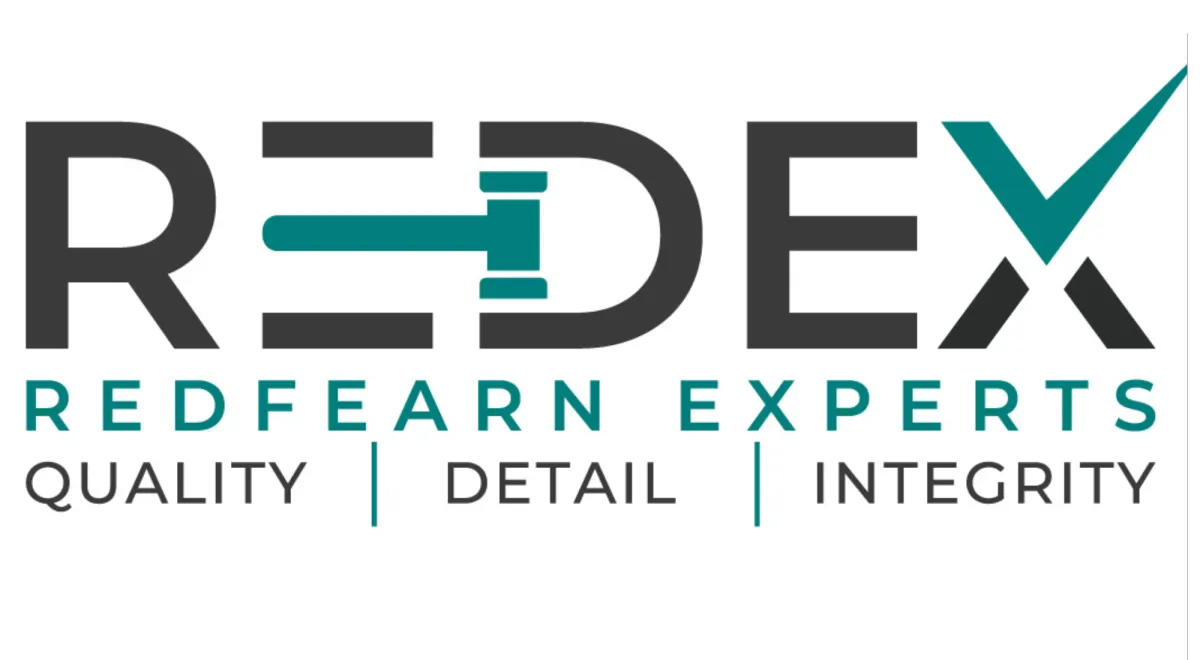Knowledge
Centre
Welcome to the Redex Knowledge Centre. Here, you'll find expert advice, insights and tools for housing disrepair and other related matters. Whether you're looking for a network of experienced surveyors or help with building related services, our knowledge centre has something for you.

Navigating the Challenges of Selling a Home with Spray Foam Insulation
In recent years, spray foam insulation has gained traction among homeowners looking to enhance energy efficiency and comfort within their properties. However, if you’re considering selling a home that features this type of insulation, you may encounter some unexpected hurdles. Here's a closer look at why selling a property with spray foam insulation can be more complex than you might expect.
Concerns About Mold and Moisture Management
One significant issue potential buyers often face is the fear of mold and moisture-related problems. If spray foam is not applied correctly, it can trap moisture, leading to mold growth that poses health risks. Many buyers might lean toward traditional insulation methods, which they perceive as safer and more reliable.
Misconceptions About Property Value
While homeowners may assume that spray foam insulation boosts their property’s value, buyers might not share that perspective. The advantages of spray foam are sometimes unclear to those unfamiliar with insulation options, causing them to view it as a less desirable feature. This misunderstanding can lead to lower offers and extended time on the market.
Inspection Challenges
Home inspectors may find it difficult to evaluate homes with spray foam insulation due to its vapor barrier properties, which can obscure potential issues. This uncertainty may raise concerns for buyers, prompting them to request further inspections or invasive assessments, which could result in delayed sales or even cancellations.
Financing Difficulties
Some mortgage lenders view homes insulated with spray foam as less appealing or harder to appraise. The perceived variability in installation quality can affect a lender’s decision, complicating the purchasing process. If securing financing proves challenging, prospective buyers may be deterred from making an offer.
Environmental Considerations
Environmentally conscious buyers often assess the ecological footprint of potential homes. Despite its energy-saving benefits, spray foam insulation has sparked debates about off-gassing and the types of chemicals used in its production. Buyers may express skepticism regarding the sustainability of the materials, further complicating their willingness to proceed with a purchase.
Knowledge Gaps Among Buyers
There is often a significant lack of understanding about spray foam insulation among potential buyers. For those unfamiliar with building science, the benefits of spray foam compared to traditional insulation might not be clear. Homeowners looking to sell will need to be prepared to educate buyers about these advantages, adding another layer to the sales process.
Conclusion
Selling a home equipped with spray foam insulation comes with a unique set of challenges that extend beyond the usual real estate dynamics. From worries about mold and property valuations to inspection and financing issues, it’s crucial for sellers to approach the process strategically. By addressing buyer concerns proactively, providing detailed documentation, and being ready to offer insights on spray foam insulation, homeowners can enhance their chances of a successful sale.
While the benefits of spray foam insulation are significant, it’s essential for sellers to recognise and address potential obstacles to ensure a smooth transaction.

Simon Redfearn
Simon is the founding director of Redfearn Experts, a surveyor with over 30 years experience in the building industry.
Registered Office:
3rd Floor, 45 Albemarle Street | Mayfair | London | W1S 4JL
Call:
0203 910 0882
Email: [email protected]
Registered Company:
11911848
